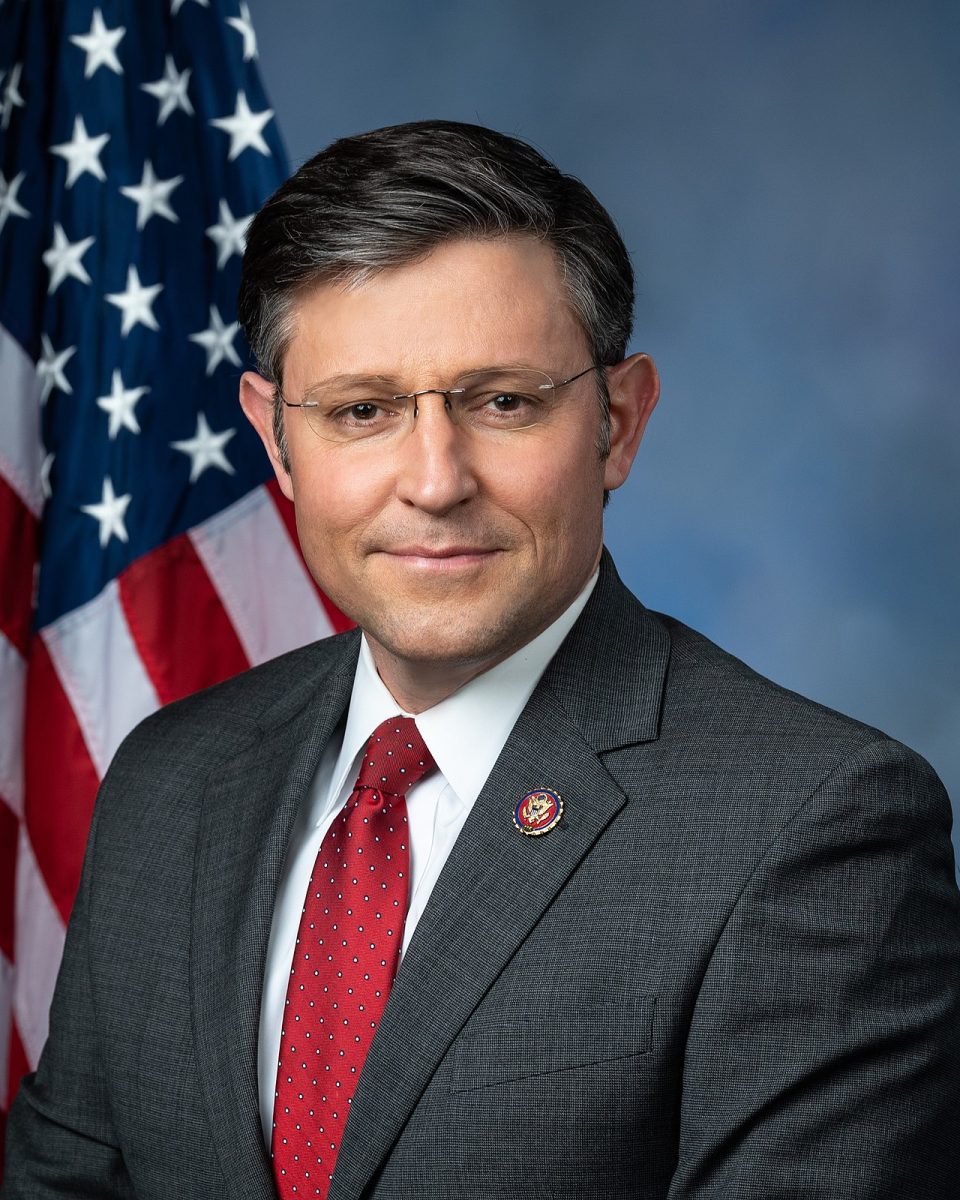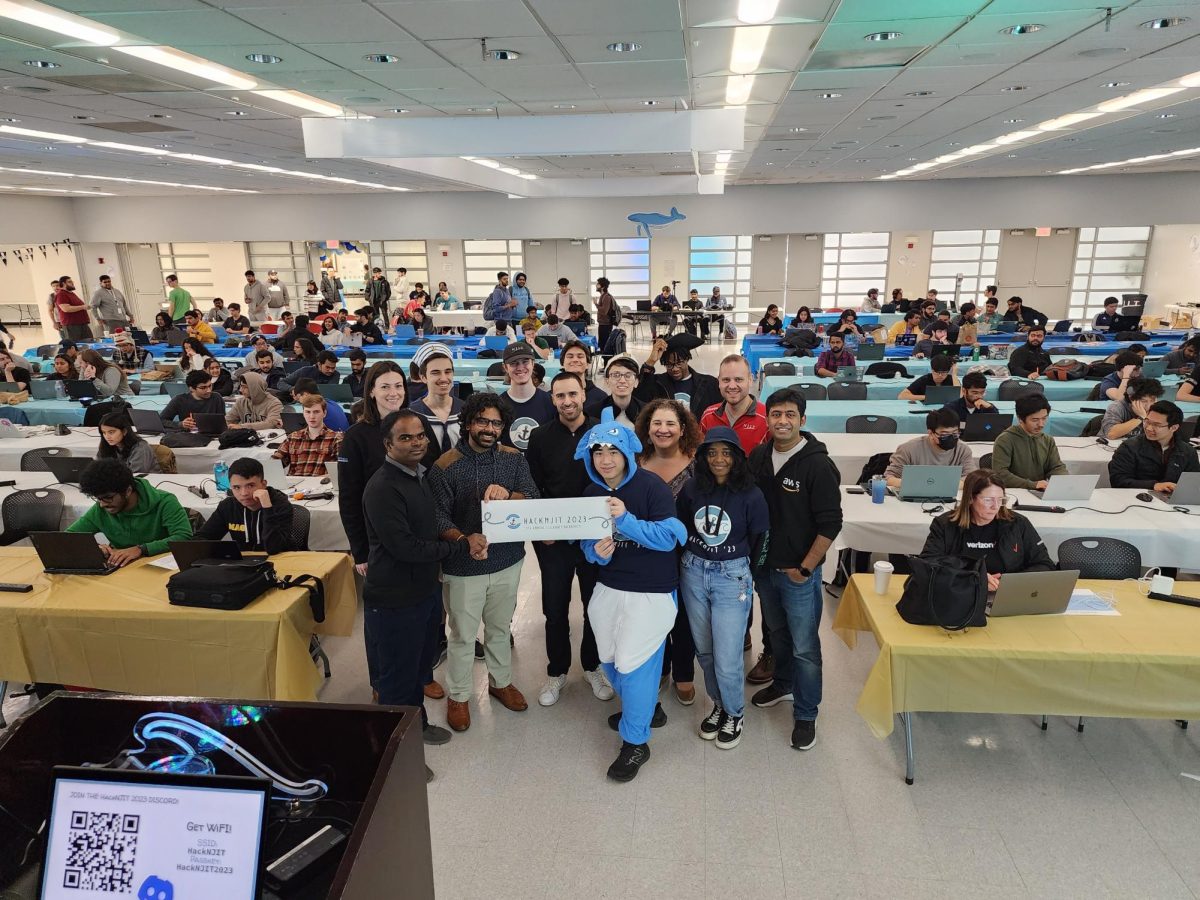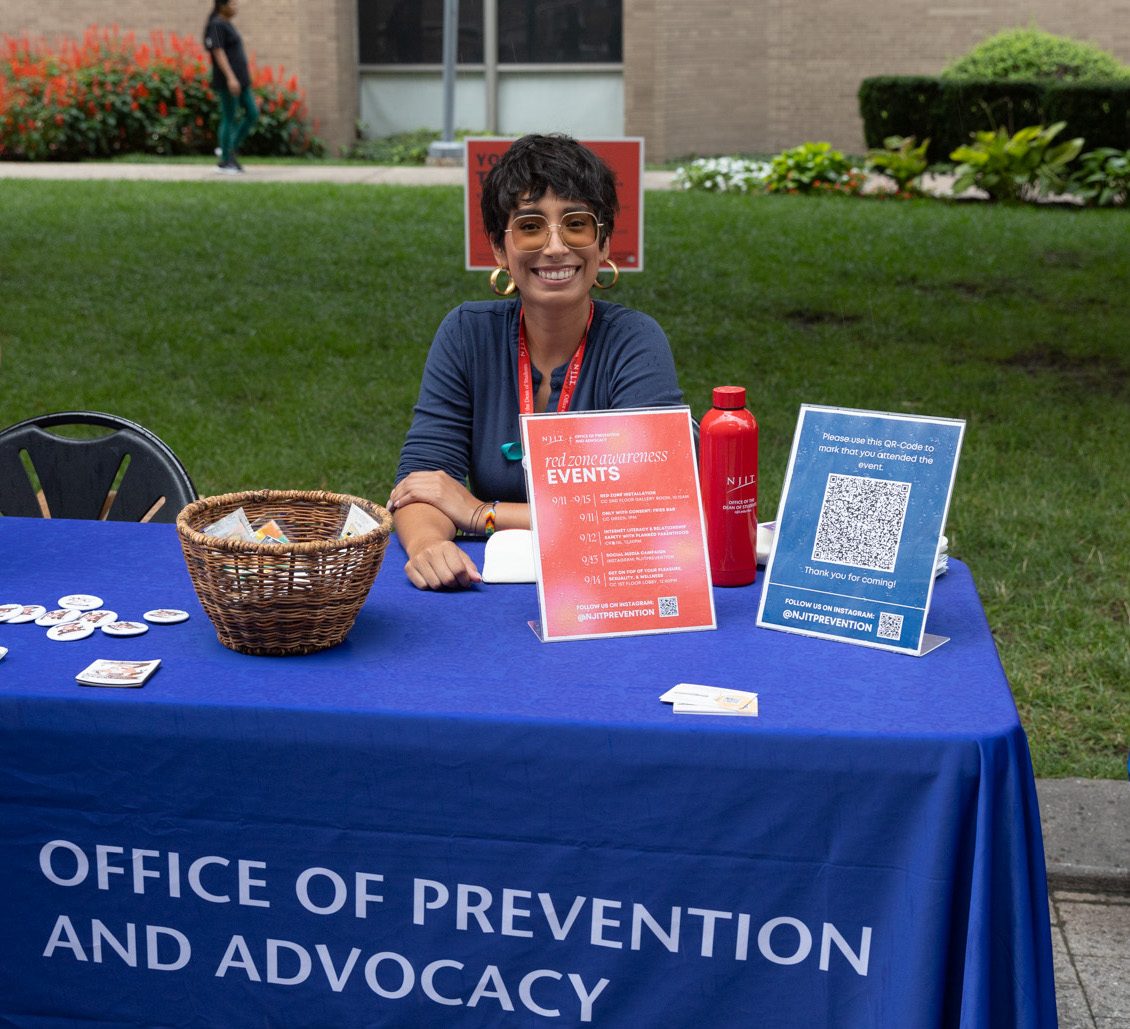The Democratic Republic of the Congo seems pretty far away as I sit here typing this article in the comfort of the Campus Center. So it might seem a bit strange that we students in Newark, NJ could be held accountable to any degree for the atrocities that are committed on innocent women and children thousands of miles away in the Congo. However, we are.
In this modern world that is growing ever more interconnected, the small choices people half a world away make have enormous repercussions throughout the world. This fact is glaringly evident in the current conflict engulfing the Congo. Although there are many reasons for the crisis in the Congo, conflict minerals are a major and direct reason for the ongoing violence. Conflict minerals, including tin, tungsten, tantalum and gold, are minerals that are produced by or result in the torture or harm of individuals. Rape, enslavement, child soldiers, public executions and mutilations are all too often employed by armed militias to maintain control over mineral deposits, to sustain a workforce to excavate mines, and to exert power over civilians and regions in general. Although the mere occurrence of such heinous crimes should galvanize individuals to try to stop such crimes, the knowledge that we can help stop these crimes makes us even more responsible.
These violent militias make money and are able to purchase weapons by trading conflict minerals. You might ask, but I don’t buy these minerals? Well, these minerals are actually very often used in consumer products like cell phones, computers and cars. As such, when we buy technological consumer products, we often inadvertently support crimes against humanity.
There is a lot we can do to make a difference. We can ask tech companies to follow stricter rules to ensure that they do not buy conflict minerals. Basic legislation regarding conflict minerals exists; however, these laws do not penalize trade of conflict minerals or require careful certification that minerals are obtained from non-conflict sources. As such, we can ask our local elected officials to pursue better, more comprehensive legislation regarding this issue. And perhaps most importantly, as a university and therefore a cornerstone of the community, NJIT’s students, administration and leaders can remind others that we as a community must be responsible global citizens.
Interested in getting involved? Amnesty International of NJIT, in following the Enough Project, would like to request the student body, administration, faculty, trustees and other leaders of NJIT to support measures to reduce NJIT’s unintentional support of violent crimes against humanity through circumspect decisions regarding the purchase of its technological equipment. We can accomplish this by amending the university’s procurement policies to ask our business partners to trace the origins of their mineral goods, certify the non-conflict status of these minerals, and to request internal audits to ensure that products do not support violent groups. Trustees of NJIT with their professional status and influence can agree to uphold shareholder resolutions. The university can even make a significant contribution to resolving the conflict in the Congo by simply making a general statement supporting the efforts made by the Enough Project and other individuals and groups to reduce the conflict mineral industry. With our unique and privileged position as a leader among institutions of higher learning, I firmly believe that NJIT can and must educate and guide its members to prevent the trade of conflict minerals, thereby providing a foundation for a more sustainable peace in the Congo.
Find out more about the Enough Project at www.raisehopeforcongo.org. Get involved on campus by emailing us at [email protected].






























